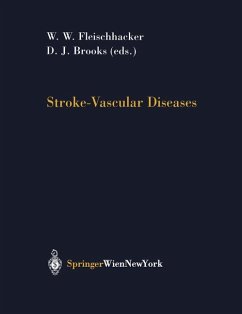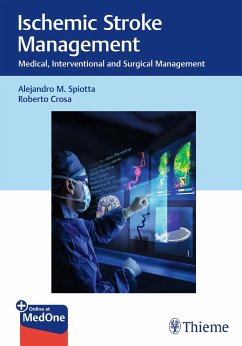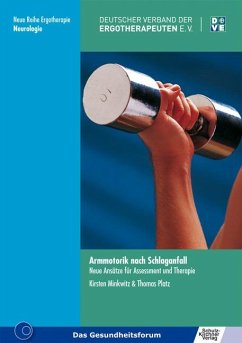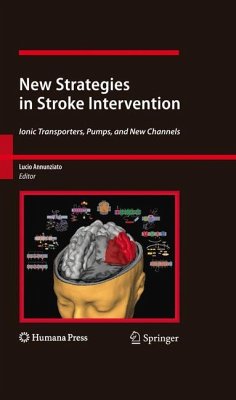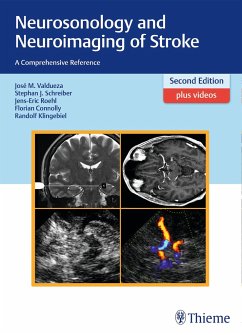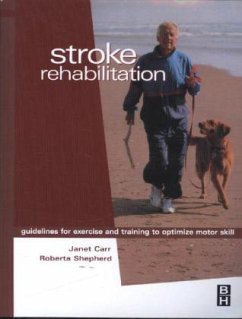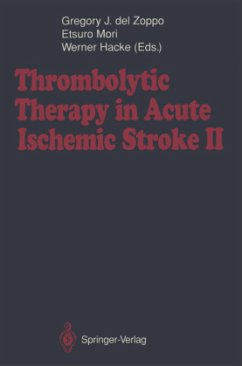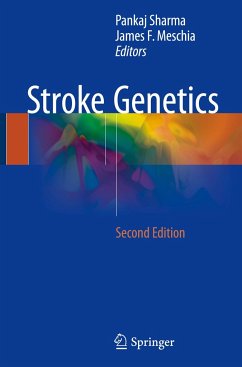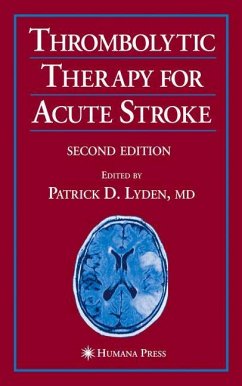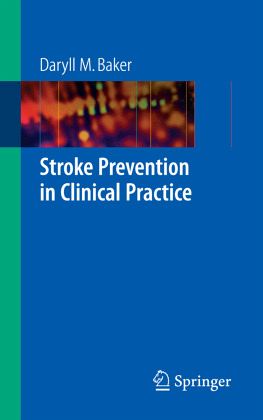
Stroke Prevention in Clinical Practice

PAYBACK Punkte
19 °P sammeln!
Stroke is a brain attack and a major cause of disability and the third biggest killer. Active intervention can prevent stroke especially in high risk groups. Patients who have transient ischaemic attacks (TIAs) are at an increased risk of stroke and should be targeted. Primary care physicians are the first to diagnose the TIA, and are therefore vital in helping reach these people; they are the doctors who can undertake a considerable amount of stroke prevention treatment.Stroke Prevention in Clinical Practice fills the need for a short clear text to explain how to accurately diagnosis a TIA, d...
Stroke is a brain attack and a major cause of disability and the third biggest killer. Active intervention can prevent stroke especially in high risk groups. Patients who have transient ischaemic attacks (TIAs) are at an increased risk of stroke and should be targeted. Primary care physicians are the first to diagnose the TIA, and are therefore vital in helping reach these people; they are the doctors who can undertake a considerable amount of stroke prevention treatment.
Stroke Prevention in Clinical Practice fills the need for a short clear text to explain how to accurately diagnosis a TIA, determine what investigations are indicated and how and when to intervene to reduce the risk of stroke.
Short chapters written in point form with clear diagrams and figures, each chapter written by an expert in the field.
Stroke Prevention in Clinical Practice fills the need for a short clear text to explain how to accurately diagnosis a TIA, determine what investigations are indicated and how and when to intervene to reduce the risk of stroke.
Short chapters written in point form with clear diagrams and figures, each chapter written by an expert in the field.





